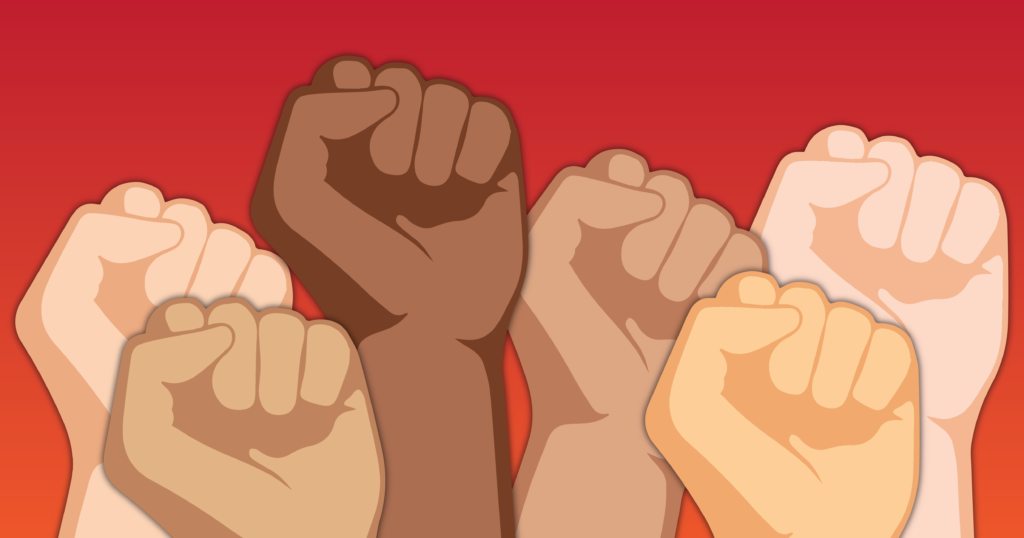Black Lives Matter protests, police reform and related discussions received a lot of media attention in the summer of 2020, but now the furor has left the news cycle. That does not mean we are free of our responsibility to enact change.
As a fairly homogenous community, most students and faculty at NMU are white, coming from white or mostly white families in the Midwest. In fact 84.4% of students here are white, according to collegefactual.com. That’s ok, it’s just a result of the rural area the institution mostly serves, but that lack of diversity comes with a high responsibility to seek out learning opportunities regarding issues of race and ethnicity in the world we inhabit. As far as I’m concerned, if I’m not broadening my knowledge of human experience by interacting with plenty of people who have very different backgrounds, it’s my duty to seek other ways to learn.
As a person of Scottish, English, German, Italian, Jewish and other mostly European ancestry, I’ve decided it is my responsibility to listen and learn as much as I can about the issues facing Black Americans in particular. I don’t want to participate in unknowing acts of discrimination, and so I have to learn. How do I avoid participating in the system which privileges me above dark-skinned individuals of equal merit as human beings? As in all other areas of life, imperfection is a given. That doesn’t excuse ignorance. The diminished (in comparison to last summer) publicity surrounding the sanctioned murders of Black people doesn’t mean the issue can be relegated to the backs of our minds.
There are fortunately a variety of events on campus being held this semester, all with the aim of educating attendees about the issues facing Black Americans. The very least white students can do to understand what kinds of solutions should be enacted, is expose their minds to such ideas.
Some recent events promoting understanding of African American culture and the struggles faced by those of African descent include a discussion of the Marvel film Black Panther, which was screened by the campus cinema. Similar awareness-enhancing events continue throughout the semester. For example, those interested can view an ongoing photo series promoting unity and representation of Black artists. The photo series is hosted by the organization Social Justice for Us, which is a Marquette community organization. The series even features many NMU students modeling in its empowering photos.
In addition, you can still choose to participate in this year’s Diversity Common Reader program in an effort to keep learning. Students can acquire free online copies of Ta-Nehisi Coates’ nonfiction book Between the World and Me through this program. The book is written as a letter to the author’s son, as his son begins to navigate the difficult truths and unequal threat of violence which will face him due to his dark skin. Central to the book are Coates’ meditations on fear for his body, and the forms that fear has taken throughout his life. There are several upcoming university events based on discussions of this book, and those interested can access a schedule on the Diversity Common Reader website.
Editor’s Note: The North Wind is committed to offering a free and open public forum of ideas, publishing a wide range of viewpoints to accurately represent the NMU student body. This is a staff column, written by an employee of the North Wind. As such, it expresses the personal opinions of the individual writer, and does not necessarily reflect the position of the North Wind Editorial Board.

























